Over the centuries, the Empire of China has risen only to be invaded, humiliated, disintegrated and demolished, before rising again. And like many past – and ancient – dynasties and kingdoms, China today is experiencing the same cycle all over again – the rise after the humiliating fall of its dominance in the world economy.
Unlike ancient Empire of China where they prioritized “might is right”, the modern Middle Kingdom uses “money is right” to jump-start its empire. Not many know that besides being a military superpower, China was once the world technological power between 1100 and 1800. Seven centuries (700 years) before Britain’s 18th century “textile revolution”, China was already the leader in the industry.
When the English proudly showed off its largest ships of 400-ton, China had in its possession vessels weighing 3,000-tons. It was only by borrowing and assimilating Chinese innovations that the West was able to make the transition to modern capitalist and imperialist economies. Not wanting to reinvent the wheel, China figured they could actually copy back the West’s innovations especially the military technology.
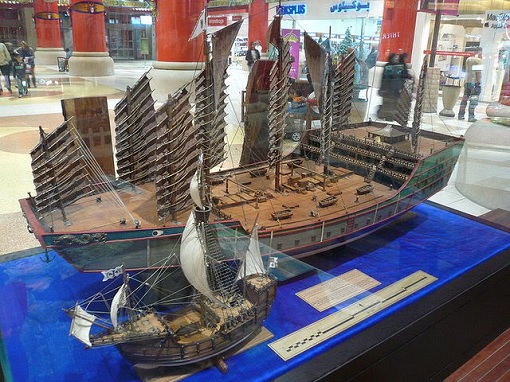
Actually, China’s communism system helps in moving the kingdom from paddy field to sky scrapper. Due to its massive population, democracy system could deliver more problems than prosperity. A democratic China would distract the nation, provided it didn’t disintegrate the nation first, of moving speedily to the re-emergence as a world economic power – again.
Today, China is the richest nation on planet Earth. As of end of August 2017, the kingdom’s foreign exchange reserves were at US$3.092 trillion. And it has just reclaimed the title as the world’s biggest foreign holder of U.S. debt – a whopping US$1.147 trillion. With great amount of money comes great responsibility – colonizing and controlling the world economy.
From AMC Theatres to New York’s Waldorf Astoria hotel to Smithfield Food to Armour hot dogs to Grindr gay social network, China had conquered and acquired at least top-10 American iconic brands. And if Trump doesn’t put a stop, the 135-year-old Chicago Stock Exchange could be under China’s Chongqing Casin Enterprise Group control very soon.
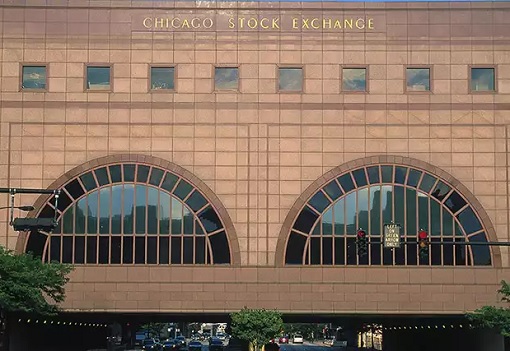
With extremely deep pocket, American financial institutions aren’t the only targets of the Chinese Empire. In a nutshell, everything that lies on the path of Beijing’s OBOR (One Belt One Road) – the modern Silk Road of China – would get bulldozed and acquired. The Chinese has recently turned aggressive toward European financial sector.
Europe’s banks, insurers, asset management and anything under financial umbrellas are under China’s radar. Last week, HNA Group and Anbang Insurance Group had separately considered bidding for the German insurer Allianz SE as part of plans to create a global financial empire. Allianz is the local pensions and a global powerhouse managing US$2.3 trillion of assets.
HNA Group, the Chinese aviation-to-hotels conglomerate, had already increased its stake in Deutsche Bank AG to 9.92% in May this year, becoming the top shareholder in the Europe’s largest investment bank. Led by billionaire 63-year-old Chen Feng, HNA has acquired stakes in Swiss duty-free operator Dufry AG and reportedly bid for HSH Nordbank, a regional bank in Germany.
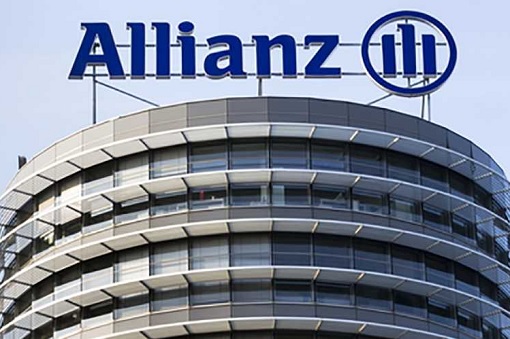
It could be due to the massive market value of Allianz – worth over US$95 billion – that Beijing has sent both HNA Group and Anbang Insurance Group to chew on the German insurer. But what does OBOR got to do with Allianz? Although China has the biggest loads of cash in the world and OBOR seems like a great project, there’s a huge problem.
China is having a hard time attracting international institutions to get involved in the One Belt One Road project. For OBOR to succeed, the Chinese require international participation otherwise it would be a one-man show – a circus without lions and elephants. Therefore, a foreign institution would expand China’s bank assets and boost foreign firm’s participation in the project.
Additionally, with Allianz under China’s belt, it would provide better financial expertise and depth that will help China secure contract guarantees, financing and better insurance. Knowing that foreign banks are tough nuts to crack, Beijing’s outbound investment guideline is targeting asset management, insurance, securities or wealth managers instead.
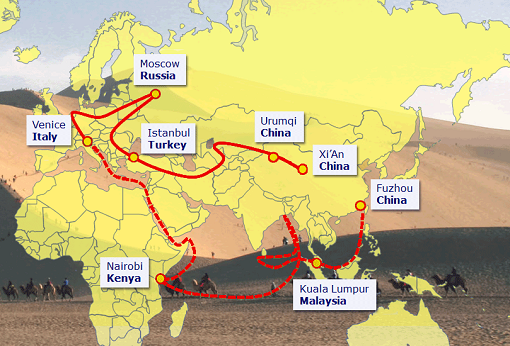
China Merchants Bank has been “actively looking” for wealth management firms in Europe. Meanwhile, China Everbright plans to allocate US$1.5 billion of its 2017 spending to the purchase of a fund manager, private bank or insurer overseas. China’s largest private conglomerate Fosun holds a 24% stake in Portugal’s largest listed bank Millennium BCP.
Earlier this month, Legend Holdings – the top shareholder in the computer maker Lenovo – agreed to buy a 90% stake in Banque Internationale a Luxembourg for US$1.8 billion, the biggest takeover of a European deposit-taking bank by a Chinese firm so far. Obviously, the acquisition, of which Legend said was linked to OBOR, was done on behalf of Beijing.
Apart from owning Lenovo, Beijing-based Legend had secured a minority interest in Britain’s Pension Insurance Corporation (PIC) last year. Chinese direct investments into the European Union have continuously grown since the financial crisis in 2008. Perhaps having learned their bitter lessons, China was neither complacent nor arrogant even after the massive inward foreign direct investment.
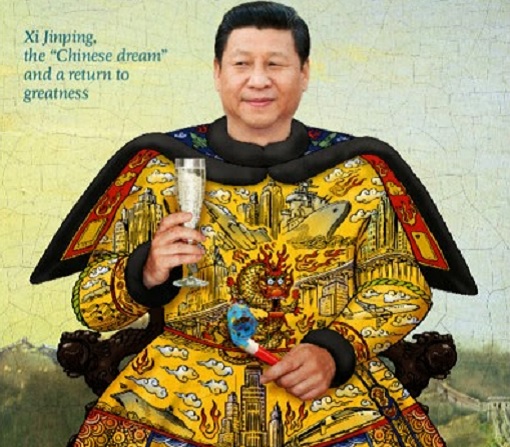
The Chinese government realizes that to survive in an increasing global competitiveness, they have to “go global”. Chinese firms are particularly attracted to European firms because they seek to benefit from the advanced technologies and R&D infrastructure which can increase the Chinese firms’ competitiveness in their domestic market.
China also realizes that their local branding has its limitation. Therefore, to profit from established brand names that have a history that sells well in both China and overseas, the solution is to acquire those foreign corporations. Of course, as the world’s largest market, stakes in European companies provide an instant access to those distribution channels
Although Britain had voted to get out of the EU, the economic fundamentals have not changed and China will continue to scout for opportunities. The fact that British Sterling has depreciated substantially since Brexit will only make British companies cheaper. In the UK, household names like House of Fraser, Pizza Express, and Weetabix are now all in Chinese hands.
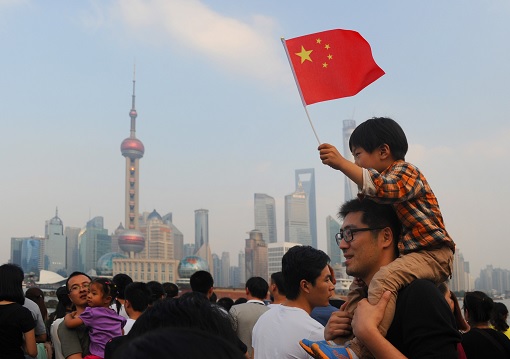
Chinese firms will continue to identify European companies that exude status, prestige, and glamour or operate at a technological frontier that is of interest to China. In the period up to the Brexit Referendum, Chinese firms concluded 155 acquisitions across Europe – Germany (36), the UK (31), France (22), and Italy (19) were the most attractive markets.
Other Articles That May Interest You …
- U.S. Household Debt Hits Record $12.84 Trillion – China Top Owner Of I.O.U. Papers
- US$1.021 Trillion – Americans’ Credit Card Debt Hits History High
- Here’s Why You Should Get Out Of Stock Market Now – Before The Volcano Erupts!
- Finance Minister Najib Drove Reserve To Its Lowest In Asia, Unable To Pay $600 Million Debt
- China Invasion – Top 10 American Iconic Brands Now Owned By Chinese
- Outgoing President Obama’s Greatest Legacy – Added $8 Trillion To National Debt
- BREXIT!! – Here’re 7 Major Reasons Forcing British To Leave The EU
- U.S. Debt – How Much Does Each American Owe?
- Debts & Deficits – 21 Currencies That Have Gone Bust

|
|
September 12th, 2017 by financetwitter
|


|

|

|

|

|

|






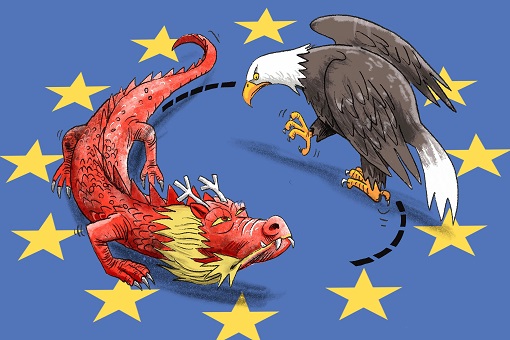





















Comments
Add your comment now.
Leave a Reply